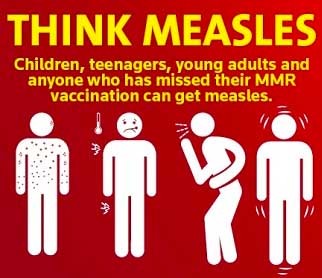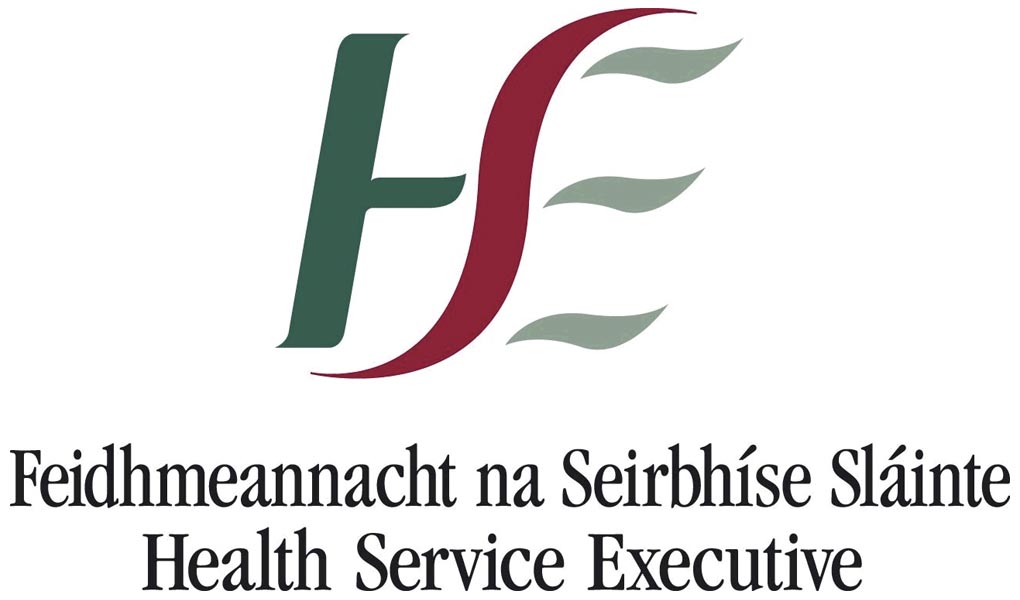
The HSE has confirmed that four cases of Measles have been confirmed in Limerick City since 03/01/2018.
This number of cases constitutes an outbreak of the disease in the Limerick City.
An “Outbreak Control Team” made up of representatives from the HSE are involved in managing the outbreak in an effort to prevent further spread.
About Measles
Measles is a viral illness that is spread through direct contact and through the air. It is highly contagious and is spread easily. One case of measles can infect 15-20 unvaccinated people. While the numbers of cases of measles in Ireland has reduced dramatically since the introduction of the measles vaccine, it remains a significant cause of death among young children worldwide.
People most at risk of catching measles are those who either have not had measles infection in the past, those who are not fully vaccinated with 2 doses of MMR vaccine (in particular babies younger than 12 months who are too young to be vaccinated), and those with weakened immune systems. Anyone who has been exposed and is not immune to measles may develop measles up to three weeks following date of exposure.
The primary strategy for measles control is achieving a high level of immunity in the population with age appropriate MMR vaccination. MMR uptake at 24 months of age is 88% in Limerick and is 93% for the Mid West. An uptake rate of 95% is required for effective immunity within a population.
Measles symptoms include:
- High fever
- Cough
- Runny nose
- Red eyes
- Red rash that starts on head and spread down the body- this normally starts a few days after onset of illness. The rash consists of flat red or brown blotches, which can flow into each other. It lasts about 4-7 days.
- Vomiting, diarrhoea and tummy pain may also happen.
For individuals who are partially vaccinated (for example those who have had one MMR vaccine), it is possible to contract a milder form of measles with little or no rash but which can still be infectious to others.
Anyone who develops measles symptoms should:
- Stay at home from work. Children should not attend school or crèche.
- Call the Department of Public Health at 061 – 483338 to advise that you think you/your child may have measles.
- Telephone your GP so that they can see you at a time/place when no one else is there (to avoid infecting others).
- Your GP may organise a test to confirm the diagnosis – this is usually done by using a small swab that takes a sample of the oral fluid from the mouth.
Patients with symptoms of measles should avoid presenting to the emergency department where possible. If it is necessary to seek urgent care, it is important to inform the ambulance service or emergency department that you have symptoms consistent with measles beforehand so that the appropriate precautions can be taken. Similarly, if you have been in contact with a confirmed case of measles and are seeking medical attention, please inform the healthcare provider before attending.
Prevent measles with the MMR vaccine
The best protection against measles is to be fully vaccinated with 2 doses of the MMR (Measles-Mumps-Rubella) vaccine. All children should get MMR at 12 months of age and the second dose at 4-5 years of age. If your child missed their scheduled MMR vaccine dose you should contact your GP to get the age appropriate dose.
For more information on measles see: http://www.hpsc.ie/a-z/vaccinepreventable/measles/
